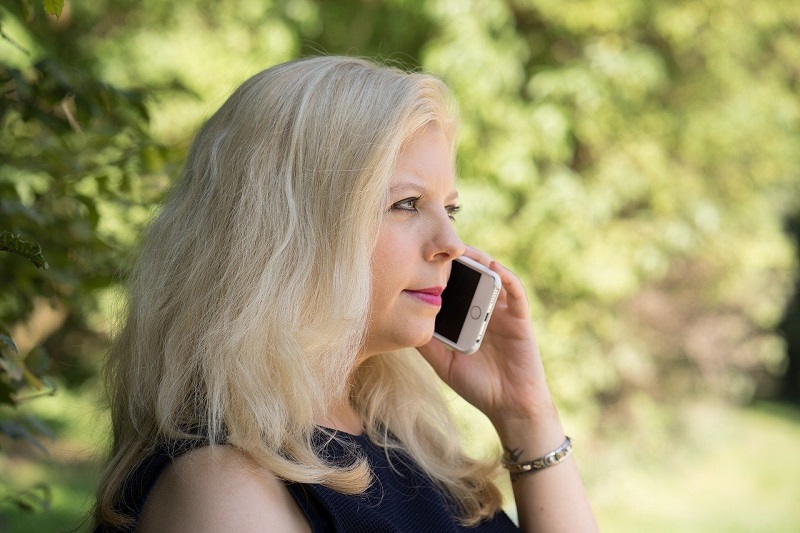In this article we want to bring you closer to our mediators by showing you how we handle different types of cases and what a typical day in the life of a mediator looks like. This will also help to illustrate how mediation can help get you quick resolutions, despite the ongoing pandemic.
As every case is different we will look at our processes based on typical scenarios, from us receiving a case referral all the way through to achieving a result.
Referral/introduction
Clients generally refer cases to us by email and from there we process the case through our new case management system from React. Our casework manager then allocates it to the most appropriate mediator to handle the case based on skill set and the case background. For example, we would match a mediator specialising in mental health to a case where that is a factor.
Another consideration is the client history. Some clients have dedicated mediators that they want to work with on every case and we’re always happy to support the development of these relationships.
At this point in the mediation process we have very little knowledge of the case. This is a positive as it’s essential that we always go into cases with an open mind as this prevents any pre-judgements from the mediators.
Making the initial contact
Once we have assigned a case the mediator takes it on and makes an initial phone call as soon as possible. This immediate contact can help us reach a prompt resolution in many cases. This is one area that has improved during the pandemic. People now expect phone calls versus face-to-face sessions and we’re finding that we can resolve a lot of cases quickly using just the telephone.
Overall the pandemic has made the mediation process more reactive, flexible and less structured, meaning we can intervene quickly using remote communication tools such as Zoom which is now an accepted mainstream communication channel.
So, if you’re worried that using mediation may be more difficult than normal during these current times, don’t be.
Due to these benefits this new approach may be something that we stick with post-pandemic, or at least it may remain an option to us. We’re yet to decide but we will always base our approach on what’s best for our clients. Any future government restrictions will obviously also be a factor.
There’s a lot of different opinions and some uncertainty remains as lockdowns ease. One option could be to continue conducting initial assessments remotely for the long term and then follow up as necessary with face-to-face appointments in the cases that we can’t resolve quickly or remotely.
Presuming cases progress
Good mediators must be flexible in their practical procedures, thought processes, and how they handle individual cases. Our mediators have many tools and methods at their disposal that they can deploy in specific situations and one of the primary skills of a mediator is knowing what techniques to use and when. How should they try to resolve specific situations? This is where experience and knowledge comes in.
For this reason, as no two cases are exactly the same, it’s difficult to portray a ‘typical’ day in the life of a mediator. Every person we help feels different, thinks differently, has different issues and different theories. It’s all about how to ask the right open questions, listen, and then help, rather than directing what needs to happen.
Often, asking the right questions and listening is all that’s needed to see cases through to a resolution. In other, more severe cases, such as in instances of abuse, suicide, mental health disorders and threatening behaviour, we may need to provide further intervention.
Our mediators listen, seek to understand, repeat, and think about the impact of each individual case on the individuals involved. A mediators job isn’t to set out a resolution, it’s to help the parties understand for themselves what needs to change.
Communication is crucial
During a case it’s vital that the mediator keeps our internal systems updated, keeps in close contact with the referrer, the client, and all parties concerned. If you want a stronger relationship with your mediation services provider consider how their communication (or lack thereof) impacts your experience.
We pride ourselves on our constant, thorough communication and how we manage our cases in this regard.
Talk to us and see how we can help you get more out of mediation. We can help you create a triangle of strength between you, your customers, and our mediators.
To help you find out more about our mediation services we’re currently offering free 1-hour mediation consultations. Contact the team today on 01772 954602 or email info@adrmediation.org.uk to book your slot. We will get to know you and your organisation and outline how we can help.

